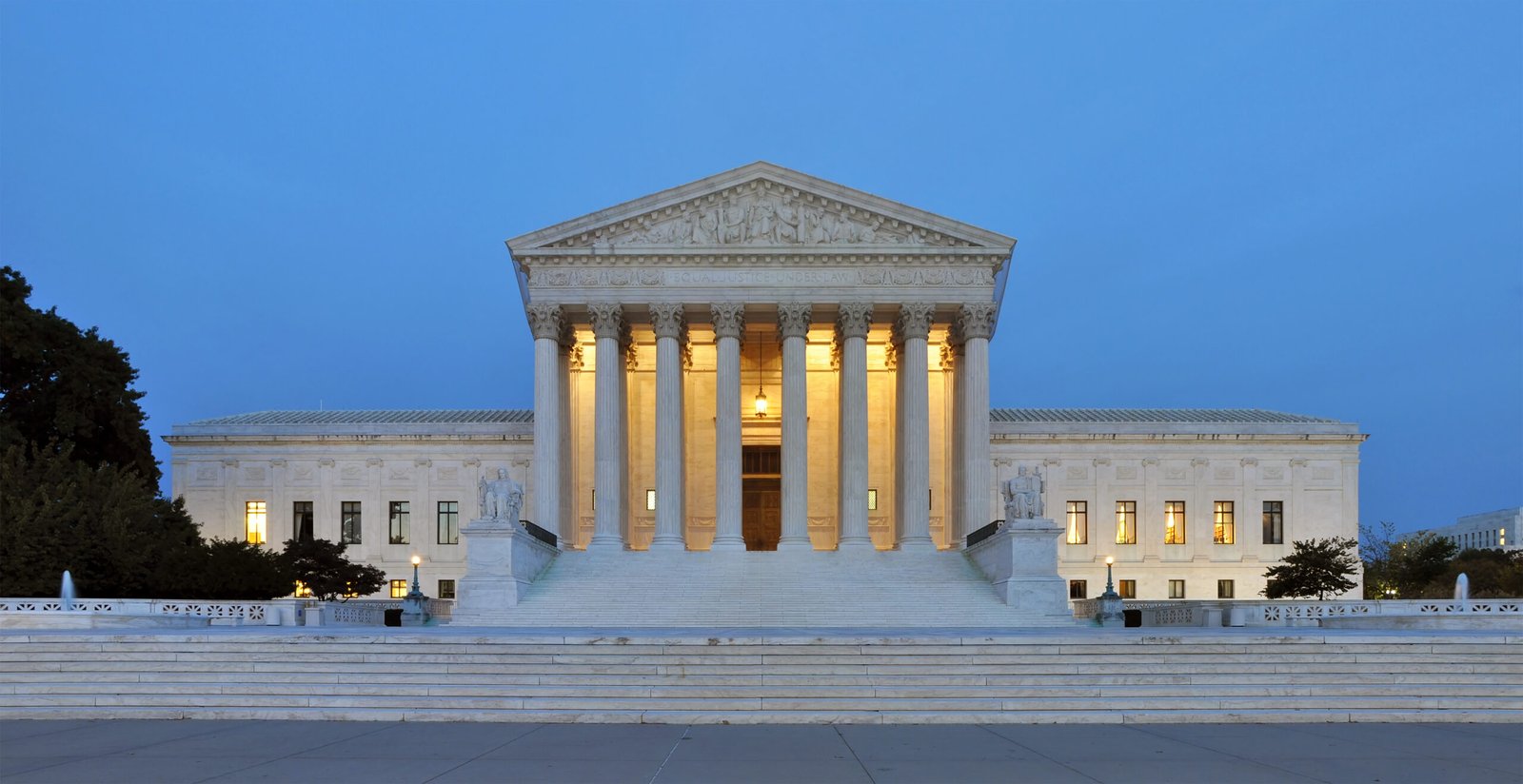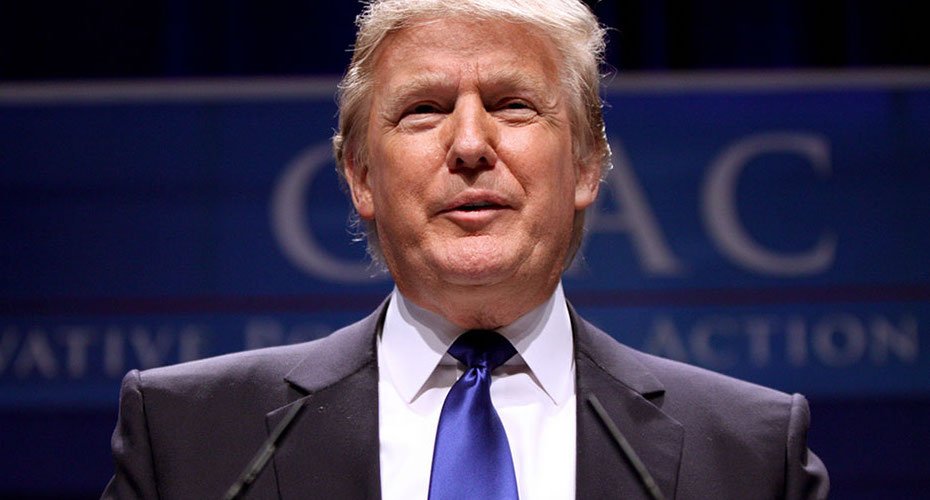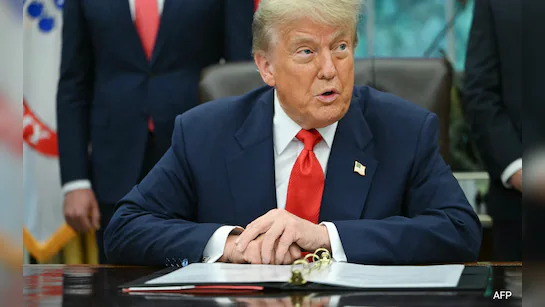BlogHear.com | May 15, 2025
WASHINGTON, D.C. —
The US Supreme Court will hear arguments on Thursday in a pivotal case that could redefine presidential authority and impact birthright citizenship, a longstanding constitutional right guaranteed by the 14th Amendment.
The case stems from a controversial executive order signed by President Donald Trump in January, within hours of returning to office, which aimed to deny US citizenship to children born on American soil to undocumented immigrants. The order was swiftly blocked by three federal judges in Maryland, Massachusetts, and Washington, who issued nationwide injunctions preventing it from taking effect.
At Stake: Presidential Power and the 14th Amendment
At the heart of Thursday’s hearing is not the legality of birthright citizenship itself, but whether lower courts have the authority to issue universal injunctions that halt presidential orders nationwide. Trump argues such sweeping injunctions exceed judicial authority and obstruct the executive branch’s ability to implement policy.
The Supreme Court’s decision could significantly affect how far a president can go with executive actions, especially in cases where legislation is stalled in Congress.
If the Court sides with Trump, the executive branch could gain greater freedom to enforce orders even while legal challenges are pending — potentially reshaping immigration policy, LGBTQ+ protections, and civil rights issues going forward.
Trump’s Argument on Birthright Citizenship
The executive order in question challenges the 14th Amendment, which guarantees citizenship to “all persons born or naturalized in the United States, and subject to the jurisdiction thereof.” Trump’s legal team contends that the phrase “jurisdiction thereof” excludes children born to undocumented immigrants or temporary residents — a claim widely disputed by legal scholars.
Immigration and civil rights advocates argue that the attempt to reinterpret this constitutional clause is both legally unsound and socially harmful.
Broader Legal Implications
The administration says nearly 40 universal injunctions have blocked Trump’s executive orders since the start of his second term. In a March court filing, the Justice Department said such injunctions have become “epidemic” and described them as a “direct attack” on presidential authority.
A ruling in favor of Trump would not automatically end birthright citizenship but could allow parts of the policy to be enforced while legal battles continue. The Justice Department has requested that injunctions be narrowed to apply only to plaintiffs in the lawsuits — including 22 US states and several immigrant advocacy groups.
Human Impact and Legal Concerns
Critics say the executive order could harm tens of thousands of children born in the US, potentially rendering them undocumented or stateless. Immigration attorney Alex Cuic, a professor at Case Western Reserve University, warned that such a policy could “impose second-class status” on American-born children.
“There’s no guarantee that the countries where their parents are from would take them back,” Cuic said. “It would not even be clear where the government could deport them to.”
Legal experts widely agree that the president does not have unilateral authority to repeal constitutional rights, and even if Trump prevails on the injunction issue, his executive order is expected to face continued constitutional challenges.
For more analysis on US legal battles, immigration, and constitutional rights, visit BlogHear.com.




